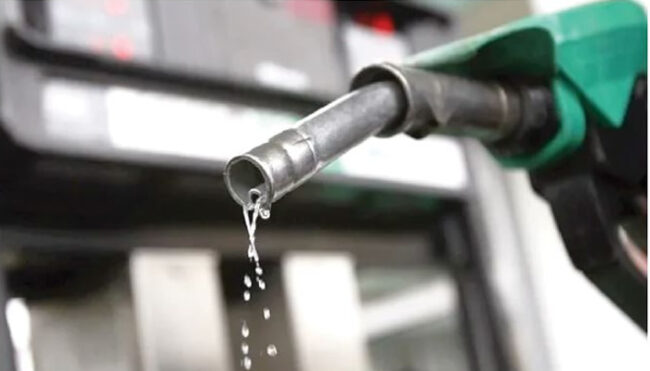
As part of effort to promote energy security, experts at the Institute For Energy and Extractive Industries Law, are suggesting regulatory solutions for enhancement of efficiency of fuel supply in the country.
The experts, Mr Taiwo Ogunleye and Ademola Adigun said that all sectors of the economy would benefit from an efficiently managed downstream oil sector that delivers petroleum products in the quantity and at the quality required at the least cost.

Speaking at the weekend in Lagos at a forum, they pointed out that inadequate regulation and enforcement could also harm the efficiency of fuel supply.
According to them, sector regulations that have not been updated in decades, lack sufficient coverage, or outdated fuel specifications could deter the entry of experienced operators adhering to high standards.
“An efficient legal framework for the downstream petroleum sector requires legislation that clearly defines and limits the role of the government in order to avoid undue interference and establishes principles and rules for the private and public participants in the supply chain in order to create a level playing field and promote fair, transparent, and healthy competition,” they said.
To this end, Ogunleye and Adigun are calling on the Federal Government to encourage enforcement and compliance with the oil sector’s laws and regulations to promote energy security in Nigeria.
Their advice is not unconnected with the conflicts surrounding the Dangote Refinery, Nigerian National Petroleum Company Limited (NNPC), and the Midstream and Downstream Petroleum Industry in Nigeria (NMDPRA).
They explained that failure of the regulators was responsible for the failure of the oil and gas sector in the country.
They want the Federal Government to encourage the enforcement and strict compliance of the laws and regulations guiding the petroleum industry.
“Let the law be followed; let the law guide the business. The authority should not be plummeted.
” Standard must be done, local refinery must comply and regulators must enforce the law. We need strong regulatory body. Every business in Nigeria should be regulated,” Adigun said.
He said it’s the responsibility of NMDPRA to ensure the enforcement and compliance of law guiding operations in the midstream and downstream oil sector and should be encouraged.
On the issue surrounding the call for a ban on the importation of petroleum because of Dang’s refinery, Adigun said that could only be possible when Nigeria could boast of three to four refineries.
According to him, Nigeria can’t rely on one refinery because one single dent in any singular train could short down the whole process.
“If one component shorts down, everything shorts down, and it takes 45 days to correct that,” he said.
Citing the Petroleum Industry Act, he said did not allow monopoly.
On the way forward, he urged Dangote to negotiate with the regulator, while allowing the regulator, which is the NMDPRA to do its job without compromising standards.
He said that NMDPRA has a role in ensuring energy security in the country.
He said the regulatory functions of NMDPRA included compliance Monitoring: Regular inspections and audits to ensure operators comply with regulations and standards; enforcement: Taking enforcement actions against non-compliant operators, including fines, penalties, and license revocation; developing and reviewing standards and specifications for petroleum products; monitoring market trends and prices to prevent unfair trade practices; ensuring that operators provide adequate and timely supply of petroleum products to consumers; and ensuring that operators comply with environmental regulations and standards, amongst others.
ALSO READ THESE TOP STORIES FROM NIGERIAN TRIBUNE







